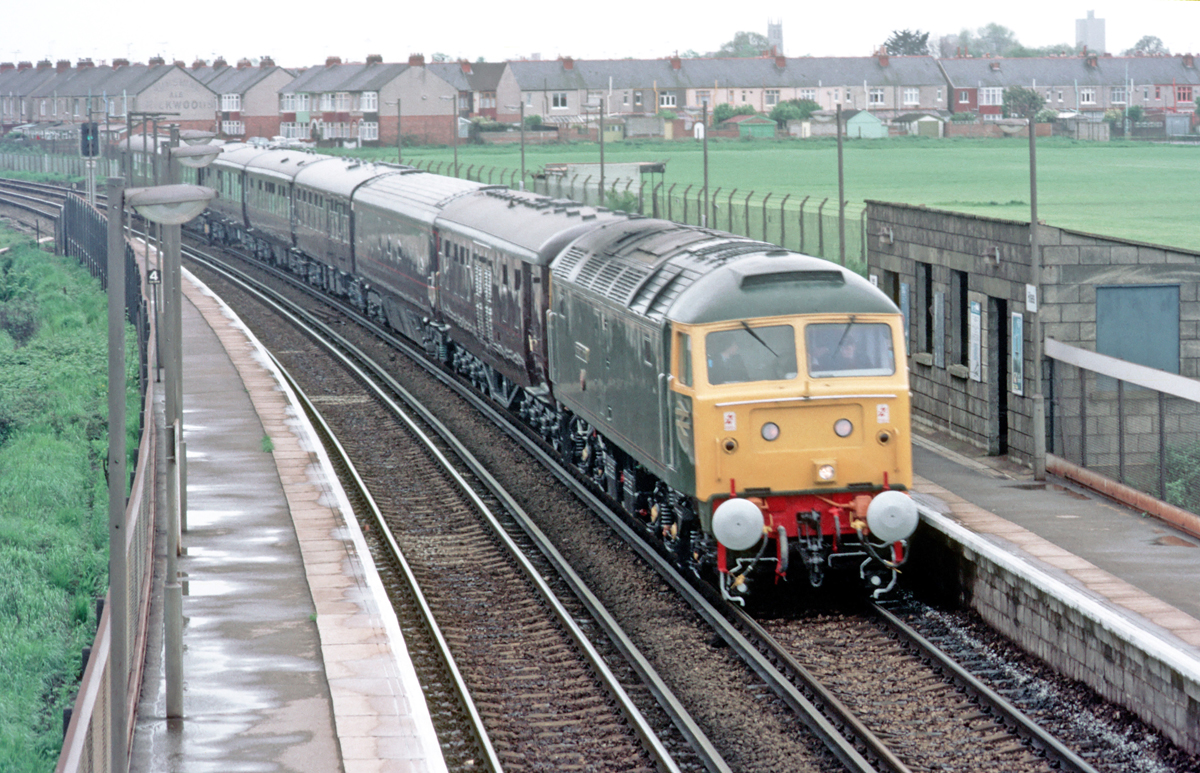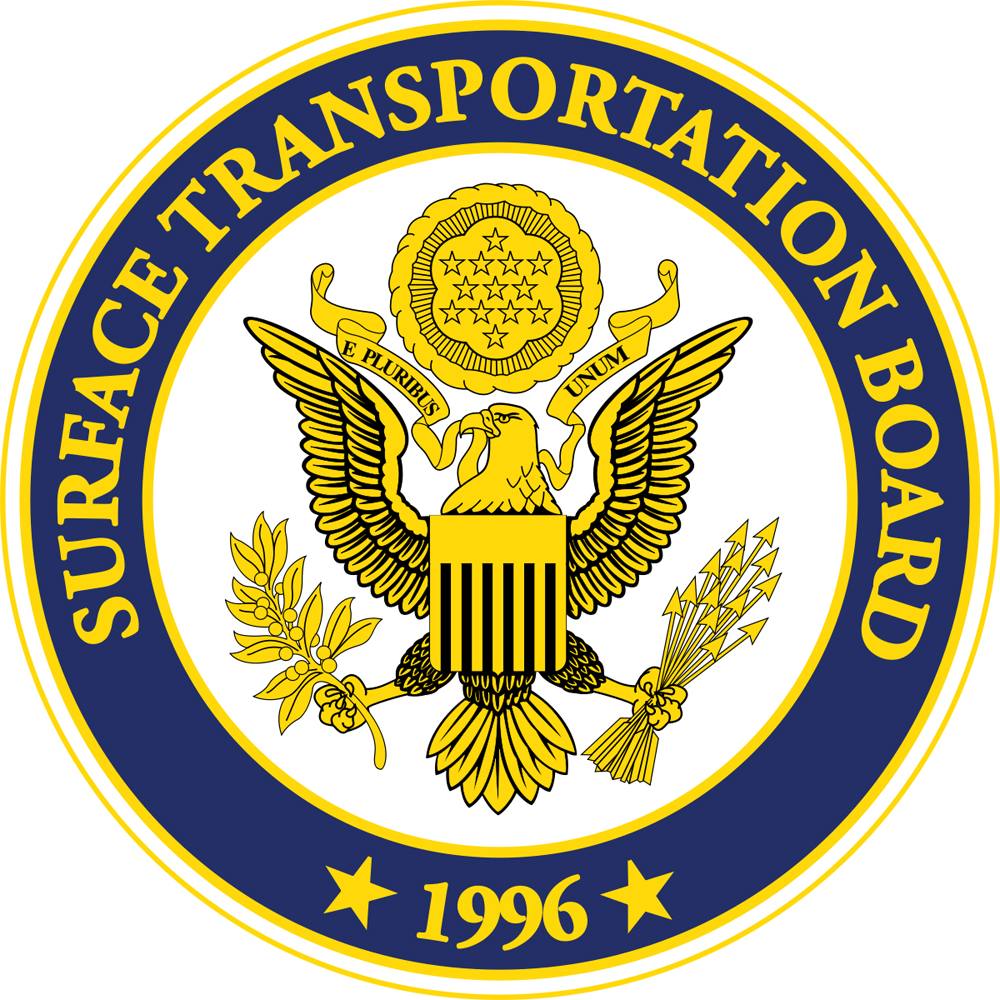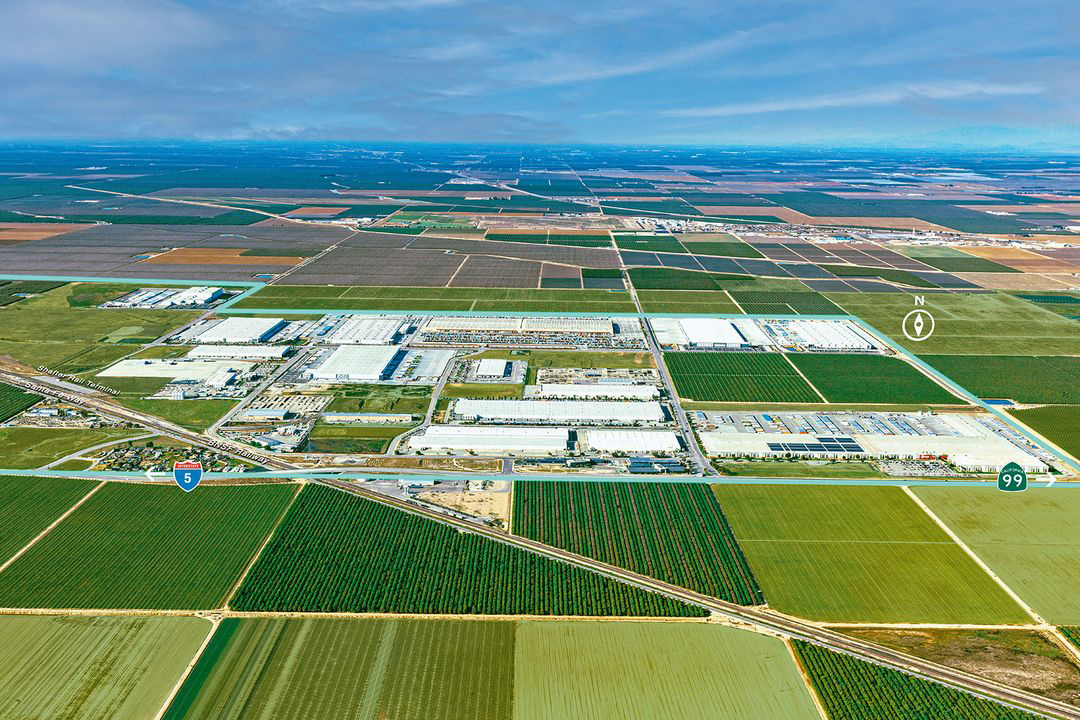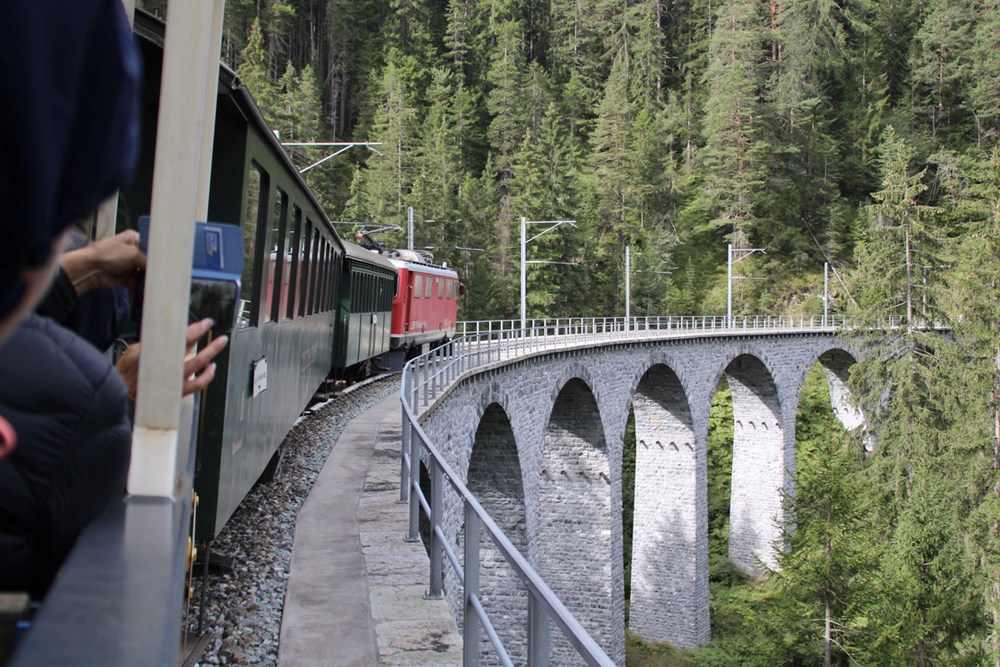Beginning April 1, CP will begin hauling 85 percent of the Ocean Network Express traffic at the Port of Vancouver, CEO Keith Creel told investor conferences last week.
Ocean Network Express, or ONE, is the new combination of shipping companies K-Line, MOL, and NYK. CP currently handles K-Line traffic, which represents a third of the consortium’s business in Canada. CN, meanwhile, currently carries MOL and NYK containers.
CP has been trying to regain international intermodal business that it lost to CN over the past five years. CN enjoys outsized market share at the Port of Vancouver, where it has 70 percent of the container business.
But CN has been struggling to deal with faster-than-expected growth in intermodal traffic at the expanded container ports of Vancouver and Prince Rupert, B.C. This traffic, combined with growth of frac sand, grain, and other commodities, has gummed up yards, clogged main lines, and left CN short of crews and power across Western Canada.
CN executives have said they expect to handle a record amount of international intermodal traffic from West Coast ports this year and that the railway may have to turn away business from shipping lines that are adding service to Vancouver.
“We have capacity in our network,” Creel says.
The additional ONE business is worth about $80 million annually under a contract that is just under three years in length.
“It’s good for ONE. It’s good for their customers. It’s good for our customers, absolutely. And it’s won on the base of service, the service offering, the strength of this network,” Creel says.
CP shifted away from international intermodal business after the arrival of E. Hunter Harrison as chief executive and began focusing on more profitable domestic intermodal.
“We backed away from business we were not making money on,” Creel says. “We backed away from business we couldn’t compete at an 80 percent operating ratio.”
Now that CP’s costs are on par with CN’s, it’s in a position to compete for lower-margin international intermodal traffic.
The ONE contract win will help boost CP’s new Ohio Valley intermodal partnership with two Genesee & Wyoming short lines. The Chicago, Fort Wayne & Eastern and Indiana & Ohio haul CP intermodal traffic between Chicago and Jeffersonville, Ohio.















(continued from previous comment) sparsely inhabited areas.
VIA now owns former CN track from Coteau (west of Montreal on CN) to Ottawa and from Ottawa to Smiths Falls. VIA also has taken over the former CP Brockville Sub from Smiths Falls to Brockville (on CN Montreal to Toronto line). There are now a number of Toronto-Montreal and Montreal-Toronto VIA trains routed through Brockville, Smiths Falls and Ottawa to try and avoid congestion on the CN. From Brockville to Toronto a third track on CN was added to reduce the delays for VIA, with mixed results.
Hope this helps.
Dave Shore,
CP’s Winchester Sub runs from Dorion, just west of Montreal, Quebec to Smiths Falls, Ontario. At Smiths Falls it connects with the Belleville Sub (to Toronto). It also used to connect to the Chalk River Sub which ran north to CP’s northern Ontario route around Lake Superior, as well as a couple of smaller subs in Eastern Ontario. The Winchester Sub was the main artery for CP traffic running west from Montreal.
VIA operates on CN because the CN passes through all the significant population centers between Montreal and Toronto. CP runs through
A railroad eating another railroads business. A zero sum game.
Dave or Phillip
Where is the Winchester sub?
Also, I still don’t understand why, if CN is so busy and CP isn’t, that VIA operates on CN.
CP doesn’t server PRINCE Rupert, only CN does. Chicago and Edmonton are not intermodal ports either.
What has killed volumes on the Winchester is CP’s disinterest in handling carload traffic to/from connecting shortlines Quebec-Gatineau and Central Maine & Quebec, and major loss of intermodal traffic at the port of Montreal (with CN and truckers benefitting in both cases).
There biggest intermodal ports that CP serve are
Vancouver
Port Rupert
Chicago
Edmonton
Montreal
They all busy cites with a lot of industry and this would boost traffic on all major subs like the Winchester,red deer/Leduc sub Belleville sub and others good job CP
This story tends to confirm that Hunter was not the great management genius that some remember him as. His one dimensional focus on driving down costs totally ignored the importance of things like growing capacity, revenue, volume, and market share. Controlling costs is relatively easy, the real challenge is balancing costs with all the other variables. But his Wall Street fans only seem to understand short term results, which is why running a public company is such a challenge. BNSF is lucky not to have that problem any more.
+1
Miss Hunter Harrison like an infected tooth.
What are the likely destinations for this traffic? CP’s trackage east of Toronto is very lightly used now and could benefit from more intermodal traffic to the U.S. Northeast and Eastern Canada. Rumours pop up from time to time that the double-tracked Winchester Sub might be single-tracked due to the lack of traffic over the last few years.
But shouldn’t they be wrestling traffic away from trucks?
Thank goodness for competition. Imagine what the situation would have been if CN or CP had been the only game in town.